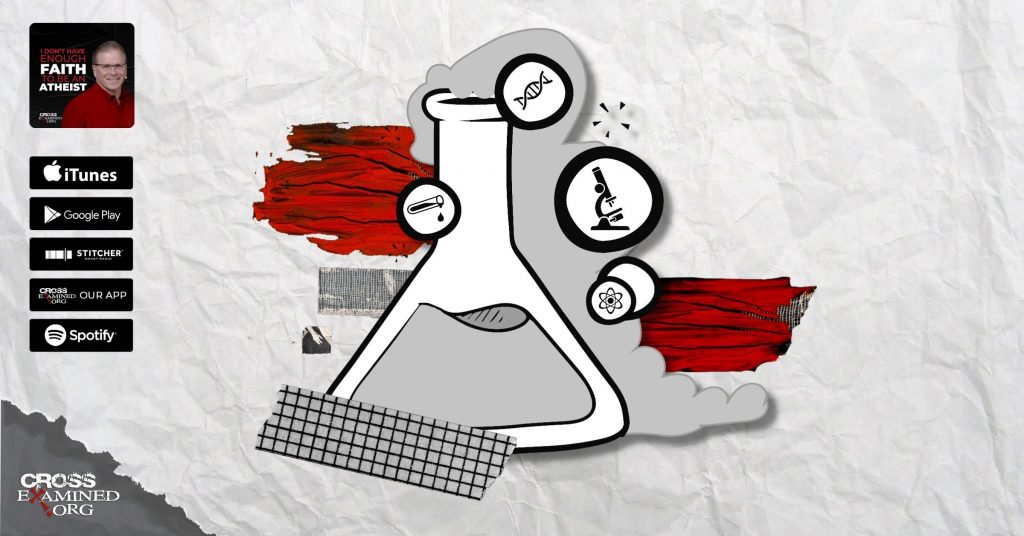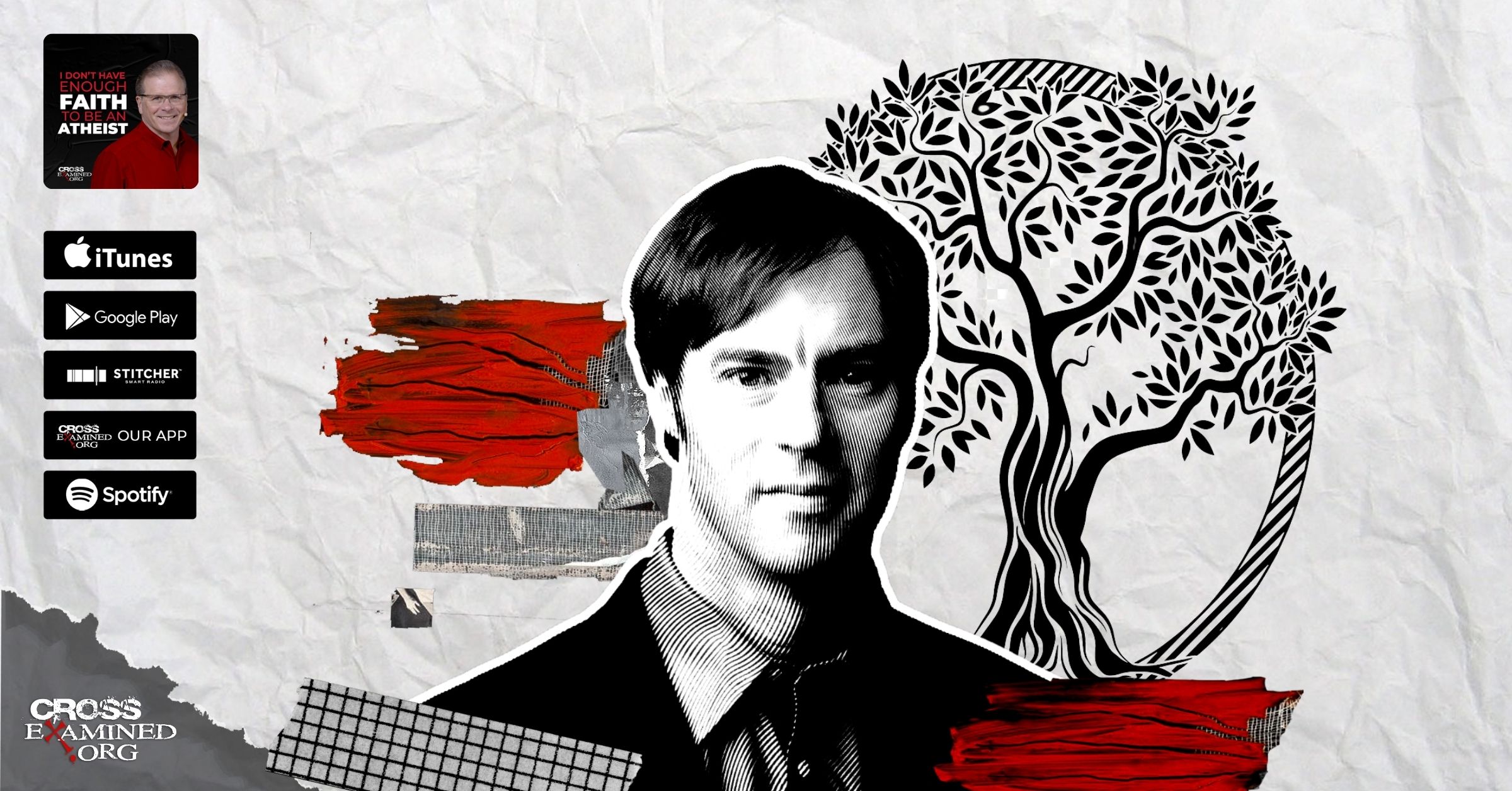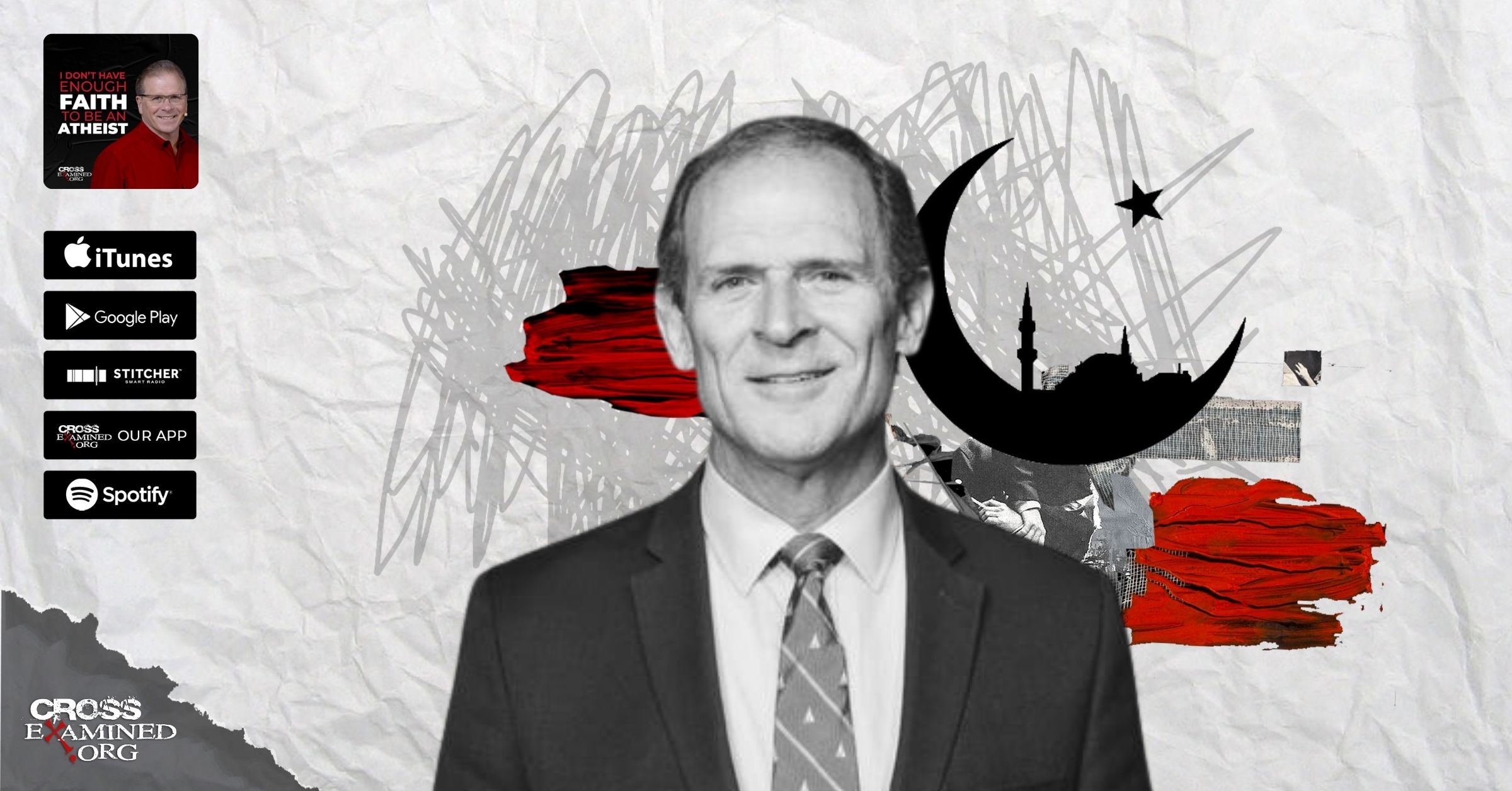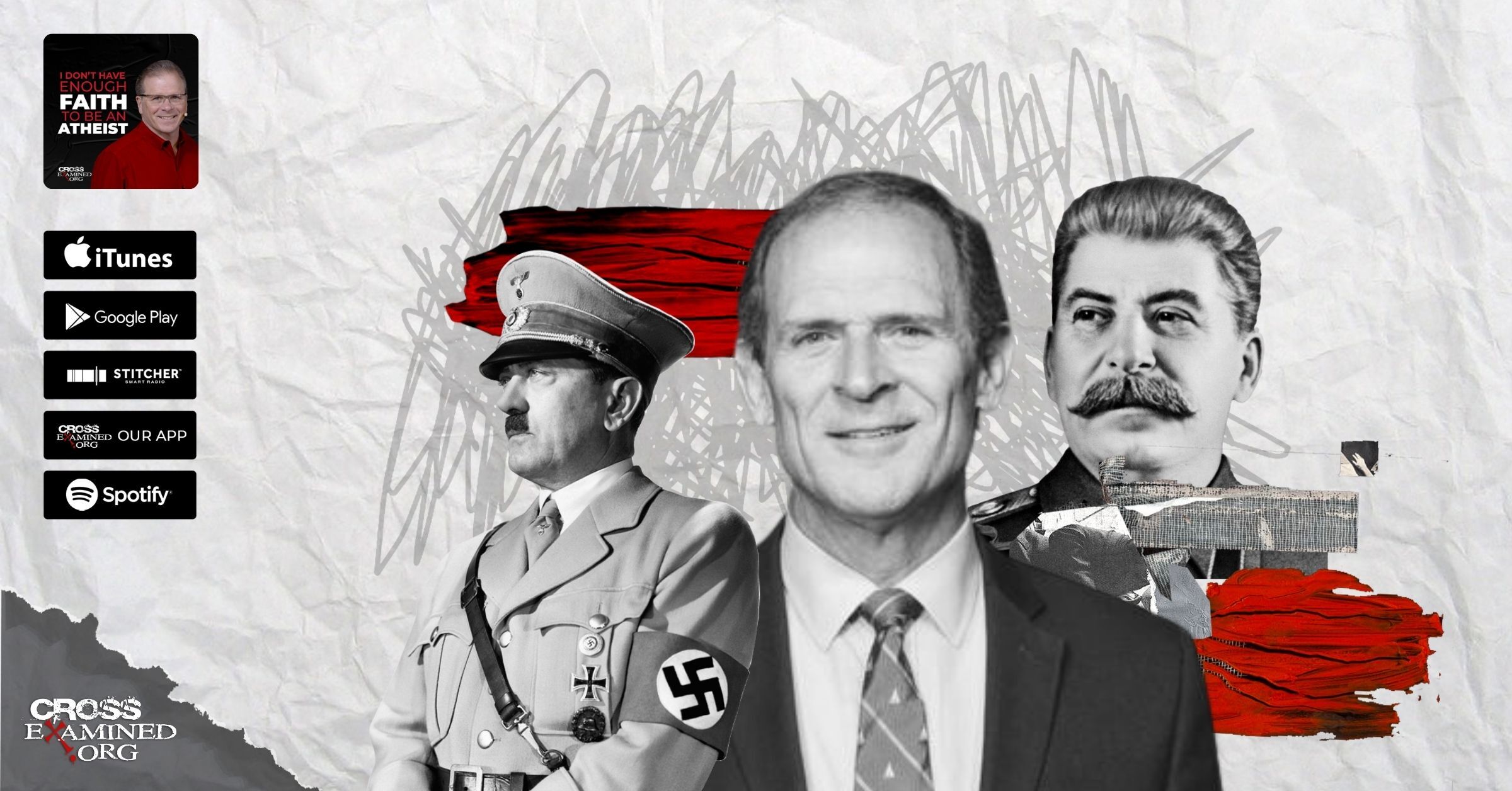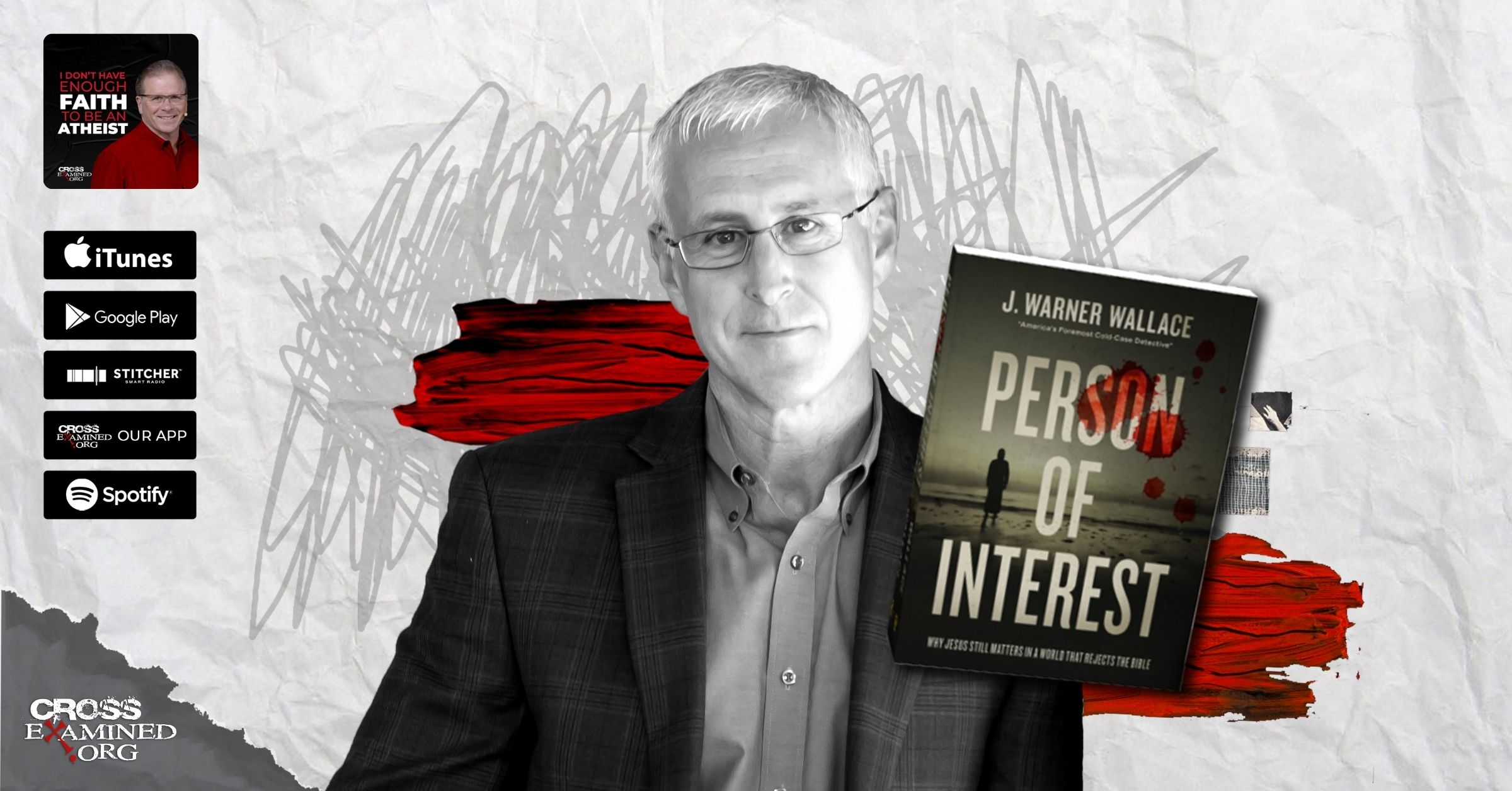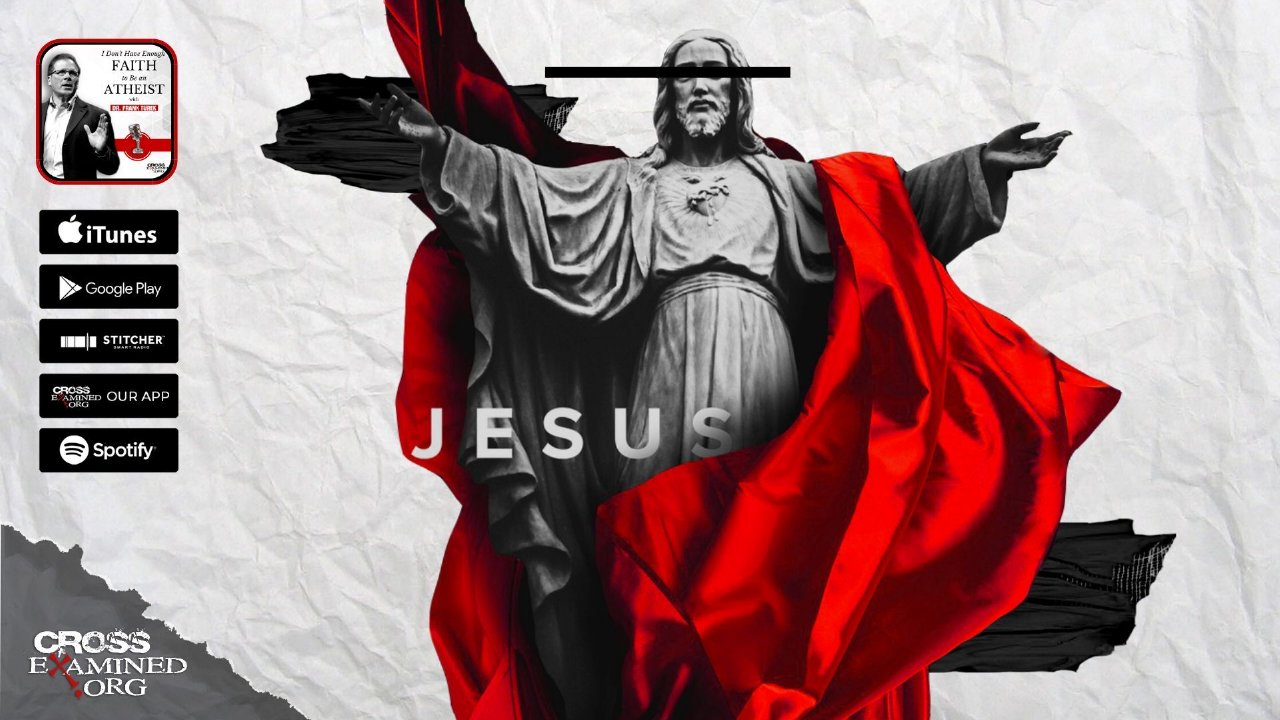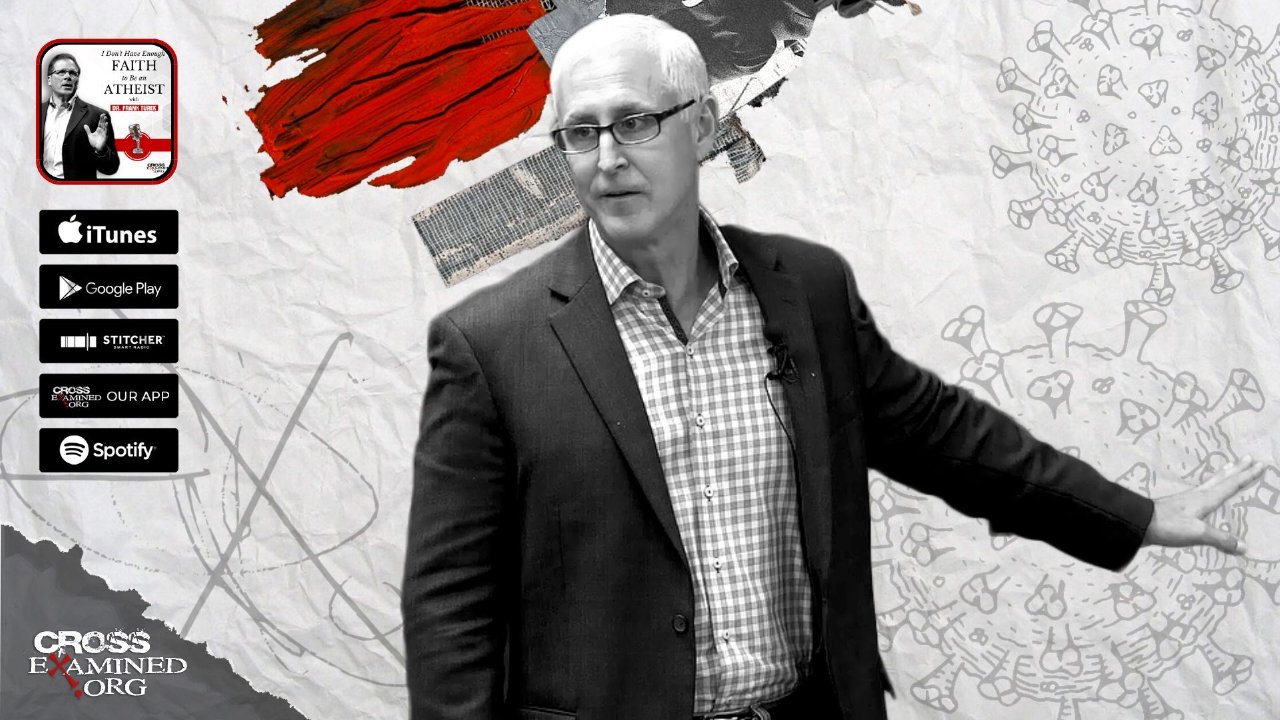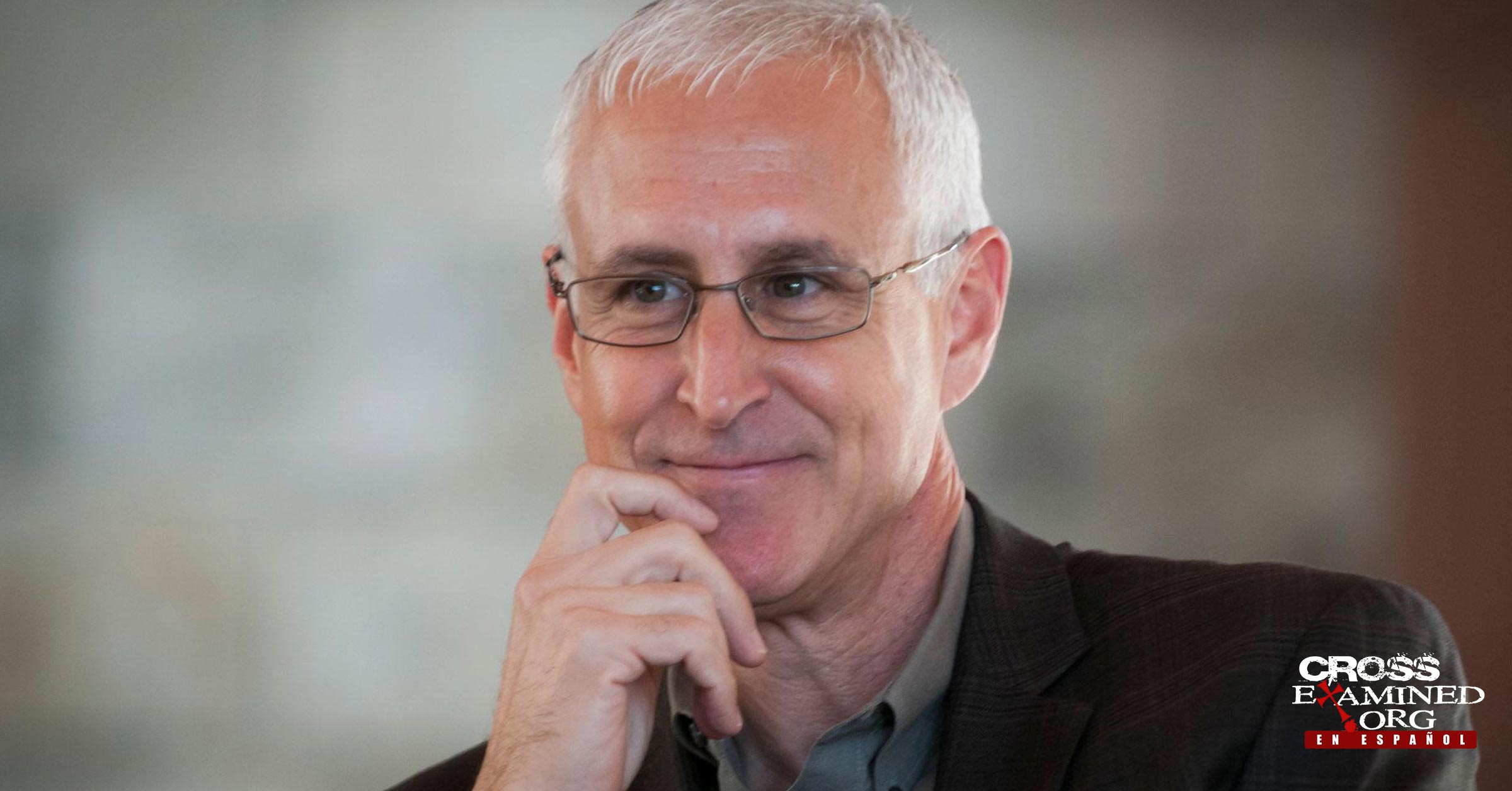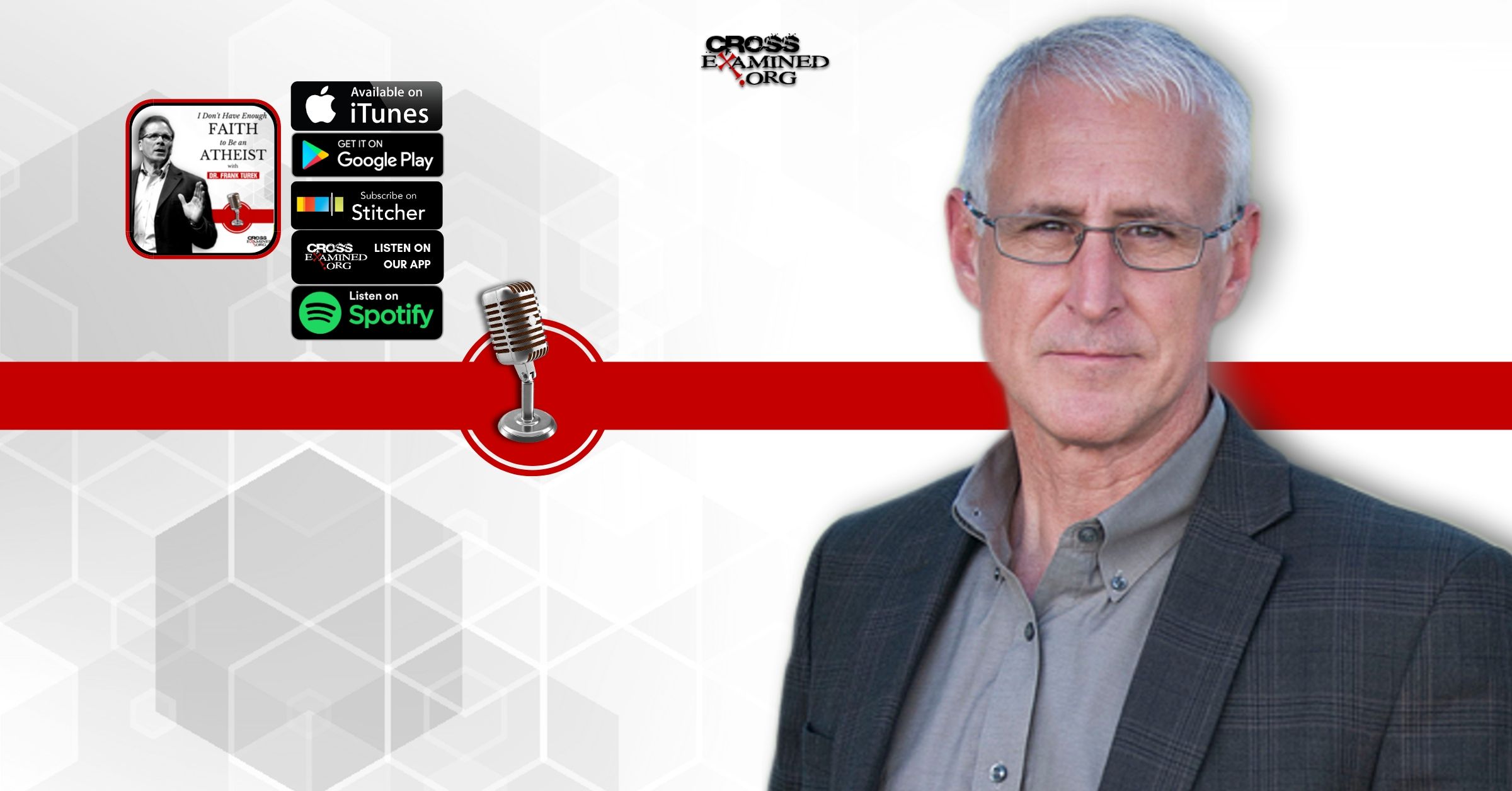Skeptics sometimes portray Christians as both “unreasonable” and “irrational.” Christian culture only compounds the problem when it advocates a definition of “faith” without evidence. Is true faith blind? How do true believers respond to doubt? What is the relationship between faith and reason? Richard Dawkins once said:
“Many of us saw religion as harmless nonsense. Beliefs may lack any evidence, but we thought, ‘If people need a crutch for consolation, where’s the harm?’ 9/11 changed everything.”
This view of the Christian faith is common among skeptics and believers alike. Critics think that Christians accept truths without any justificatory support, and many Christians embrace the claims of Christianity unaware of the strong evidence that supports our worldview. Dawkins is right when he argues against forming beliefs without proof. People who accept truths without any examination or need for evidence are likely to believe myths and make bad decisions.
Christians are called to a reasonable faith
Christians, on the other hand, are not called to make decisions without compelling evidence. The God of the Bible does not call His children to blind obedience. The Gospels themselves are an important form of direct evidence; the testimony of eyewitnesses who observed the life, ministry, death, and resurrection of Jesus. That is why Scripture repeatedly calls us to have a well-founded belief in Christ, and not to resort to the behavior of irrational animals:
Jude 1,4.10
4 For some people who do not have God have infiltrated your churches, claiming that God’s wonderful grace allows us to live immoral lives. The condemnation of such people was written long ago, for they have denied Jesus Christ, our only Lord and Master. 10 But these people scoff at things they do not understand. Like unreasoning animals, they do whatever their own instincts tell them, thus bringing about their own destruction.
The Bible uses this word “irrational” in a pejorative way; to be irrational is to act like a brute animal. God clearly wants more from beings created in His image.
Christians are called to an examined faith
Matthew 22, 37-38
“Jesus said to him, ‘You shall love the Lord your God with all your heart, and with all your soul, and with all your mind. This is the first and greatest commandment. ’”
This kind of faith is not afraid of challenges. In fact, Christians are encouraged to examine what they believe critically so that they can be fully convinced:
1 Thessalonians 5, 19-21
Do not quench the Spirit. Do not despise prophecies. Test everything; hold fast to what is good…
1 John 4, 1
Beloved, do not believe every spirit, but test the spirits to see whether they are from God, because many false prophets have gone out into the world.
Romans 14, 5
Let each one be fully convinced in his own mind.
2 Timothy 3, 14
But continue in the things which you have learned and have been assured of, knowing from whom you learned them…
Christians are called to a faith based on evidence
Critical examination requires us to investigate the evidence, and God holds evidence in high regard. He wants us to be convinced after examining the facts. Jesus values the evidence and continually provides proof to make His case:
John 14, 11
“Believe me that I am in the Father and the Father is in Me; or at least, believe for the miracles themselves.”
Jesus continued to give evidence to his disciples even after his resurrection: Acts 1, 2-3
…until the day He was taken up, after He had given commandments through the Holy Spirit to the apostles whom He had chosen; to whom also He shewed Himself alive after His suffering by many infallible proofs, being seen of them over a period of forty days, and speaking of the things pertaining to the kingdom of God.
Early Christians understood the connection between reason, evidence, and faith, and they did not view these concepts as mutually exclusive. In fact, Paul often uses direct evidence to make his case for Christianity:
Acts 17, 30-31
“In ancient times God overlooked people’s ignorance of these things, but now he commands everyone everywhere to repent of their sins and return to him. For he has set a day to judge the world in righteousness by the man he has appointed, and he has shown everyone who this man is by raising him from the dead.”
Acts 17, 2-3
As was his custom, Paul went to the synagogue service and, for three days of rest in a row, he used the Scriptures to reason with the people. He explained the prophecies and proved that the Messiah had to suffer and rise from the dead. He said: “This Jesus, of whom I speak to you, is the Messiah.”
Christians are called to present a case for faith:
When believers use their minds, investigate the evidence, and become convinced, something wonderful happens: We have the courage to stand up for what we believe using the same evidence, logic, and reasoning we so vigorously used to come to faith in the first place:
1 Peter 3:15
…worship Christ as the Lord of your life. Always be ready to give an explanation to anyone who asks about the hope you have, but do so with humility and respect.
Christians from all disciplines of inquiry and discovery have used their powers of reason to investigate the evidence. Christians are NOT irrational, and Christian faith is NOT blind. Christianity’s rich intellectual history calls each of us to a faith that is reasonable, examined, evidence-based, and ready to be presented. This kind of faith honors God and stands up to skeptical criticism and personal doubt.
Recommended resources in Spanish:
Stealing from God ( Paperback ), ( Teacher Study Guide ), and ( Student Study Guide ) by Dr. Frank Turek
Why I Don’t Have Enough Faith to Be an Atheist ( Complete DVD Series ), ( Teacher’s Workbook ), and ( Student’s Handbook ) by Dr. Frank Turek
J. Warner Wallace is the author of Cold-Case Christianity, has a career spanning more than 25 years as a police officer and detective, holds a Master of Divinity from Golden Gate Baptist Theological Seminary, and is an adjunct professor of apologetics at BIOLA University.
Original Blog: http://bit.ly/2UPIWRt

